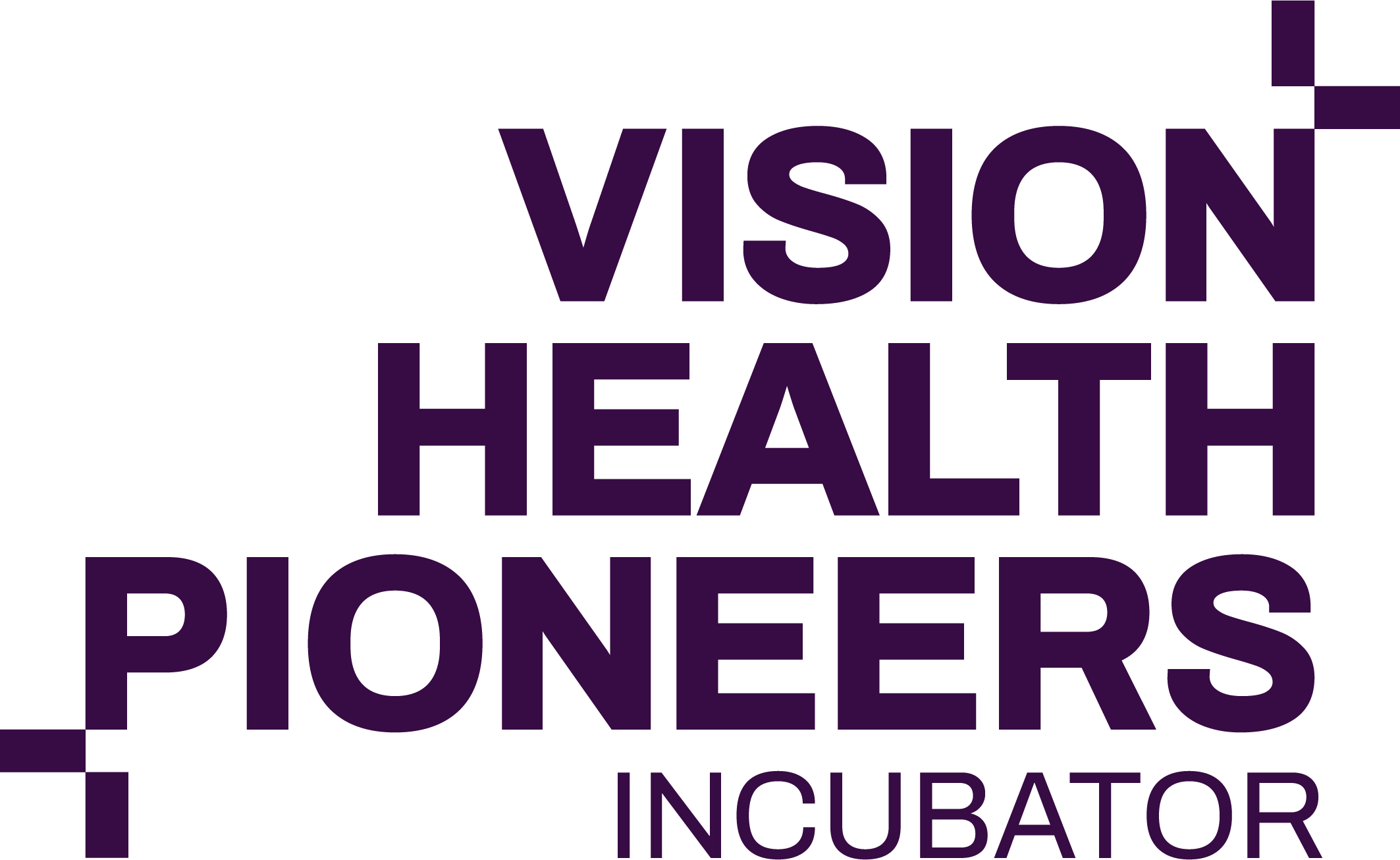
27 Mar Unlock the power of Space data to Empower Change in Healthcare
By leveraging satellite data, healthcare providers, policymakers, and organizations can enhance health services, respond to critical challenges, and promote equitable access to care.
Explore how you can make a difference within the Cassini Hackathon focusing on applying space data to solve healthcare challenges.
From forecasting disease outbreaks and health risks based on climate patterns, air quality and/or population movement to enhancing smart emergency healthcare delivery and services, space technologies provide powerful tools to safeguard and advance public health. Copernicus, Galileo, and EGNOS offer a comprehensive range of space data to drive healthcare, strengthen mental health, and enable impactful medical innovations.
three challenges to conquer

Challenge #1: Monitoring Disease Outbreaks and Health Risks
Environmental and climate conditions influence public health, creating new risks or amplifying existing ones. Chronic conditions such as asthma, cardiovascular or kidney diseases, and respiratory illnesses are exacerbated by air pollution, extreme heat, and shifting weather patterns. Similarly, climate conditions can affect the prevalence of vector-borne diseases, like malaria and the development of viruses or pandemics. Space technologies provide a valuable resource to understand and address these issues.
This challenge calls on participants to develop products, devices, or services that leverage European space data, information and signals from Copernicus and Galileo or future services using IRIS2 to forecast and monitor health risks and disease outbreaks. We encourage participants to dive into the areas of:
Use Copernicus data to identify environmental factors, like air quality and heatwaves, that foster health risks and create risk maps and protection tools. Develop predictive models to forecast disease patterns based on climate trends, environmental changes, and population movement and behaviors.
Identify hotspots for viruses and diseases like malaria by monitoring environmental changes and water body conditions.
Create tools that combine satellite data and personal health metrics to provide guidance for mitigating health risks.
Challenge #2: Smart Emergency Healthcare Delivery
Access to timely and effective healthcare is a cornerstone of a resilient society, yet many communities face significant challenges in receiving adequate medical care due to geographical, logistical, or situational barriers. Innovative solutions that harness space technologies can transform healthcare delivery, making it more accessible, efficient, and responsive to diverse needs.
This challenge tasks participants to develop products, devices, or services that leverage European space data, information and signals from Copernicus and Galileo or future services using IRIS2 to enhance healthcare delivery and services. Possible areas for development include:
Utilize satellite communication to provide remote medical aid (consultations, diagnostics, treatment guidance and monitoring) from afar and improve patient care and engagement.
Create solutions to optimize the delivery of medical aid, supplies, vaccines especially to especially to hard-to-reach or health-crisis-affected (pandemics, natural disasters) regions. Utilize drones, autonomous vehicles on land or water for effective and timely delivery.
Leverage Galileo’s Search and Rescue (SAR) services to provide emergency medical aid to individuals in danger and develop tools to streamline the coordination between rescue teams and healthcare providers.
Challenge #3: Mental Health and Well-Being
Mental health and well-being are crucial for a thriving society but are increasingly impacted by environmental factors like air quality, heatwaves, and urban noise levels. These stressors can exacerbate mental health challenges, affecting individuals and communities. Space technologies provide invaluable resources for understanding these impacts and offering actionable solutions to improve well-being.
This challenge tasks participants to develop products, devices, or services that leverage European space data, information and signals from Copernicus and Galileo or future services using IRIS2 to monitor, assess, and improve mental health and well-being. Possible areas for exploration include:
Use Copernicus environmental data to analyze factors like sunlight intensity, air pollution, extreme temperatures, and urban green space availability, to assess their effects on mental health.
Design solutions that integrate environmental data with user-specific inputs to recommend daily activities tailored to individual preferences and needs.
Develop solutions that integrate environmental and mental health indicators, enabling urban planners to create healthier living environments.
Copernicus, Galileo, and EGNOS offer a comprehensive range of space data to drive precision healthcare, strengthen resilience, and enable impactful medical innovations.



